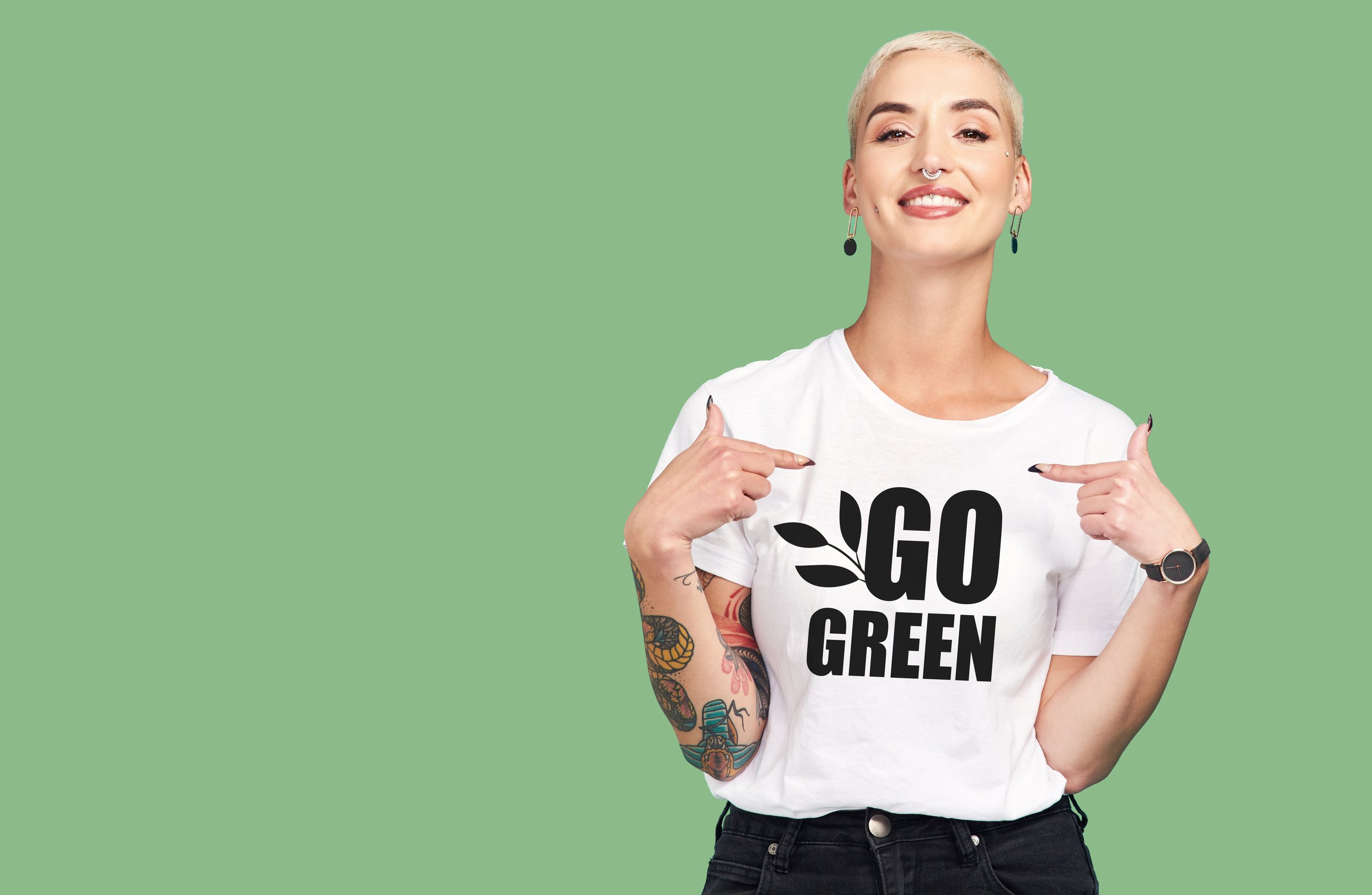Sustainability by the Experts in the Industry
Sustainable is the new IT word in the fashion industry and brands across the globe are reconstructing
their brand rules, guidelines and strategies just so that they can be a part of this genre. But, even
though thousands of brands and businesses want to be a part of the sustainable fashion industry,
very few really understand the true meaning of it.
When asked an industry expert what sustainable fashion means to them, Olga of I’mdividual
answered, “Sustainable fashion means investing in long-lasting pieces, made out of high-quality
fabrics and ideally natural fibres, even better organically produced. Sustainability is not a buzzword
anymore, it’s a must.”
Needless to say, sustainability must be directly proportional to saving the environment from the
damages caused by fast fashion but must also include looking after the people involved in the entire
process, from the manufacturing of the fabrics, to the packaging and shipping of the final garment,
to which Stevie Mitchell of CDUK adds, “Sustainable fashion is ensuring both people and the planet
are treated with respect throughout the process and all steps are taken to reduce any negative
effects.”
Reducing the negative effects on the planet first needs to start with a set of rules and regulations of
what must be done in order to protect the planet from the second largest waste producing industry,
fashion. A set of rules that Emma of Huit Denim educated us about and also stick to them when it
comes to her own brand:
Photo 264577337 / Fashion © Yuri Arcurs | Dreamstime.com
“Made to last a lifetime: Our denim jeans are specifically designed to last a very long time.
Raw: Here at Hiut, the majority of our core range is raw denim. Our community join the no-wash
club, where we invite them to not wash their jeans for 6 months.
Organic: Along with raw denim, it’s important for us to use organic cotton. (A farming method that
produces crop without the use of chemical fertilisers, herbicides, pesticides or other artificial
chemicals.)
Minimal / Zero Waste: No or minimal waste in the manufacturing process. We donate all our waste
denim to universities and school and are currently in the making of creating a no-waste collection.
Short Runs: By only producing small batches of products that we know will sell will reduce waste.
Made to order: Products that are made to order after purchased, will reduce products lying on the
shelf/ reducing waste.”
But Amin and Susana of PrimaBerry wished to include some more key parts in the saving of the
environment through the path of sustainable fashion, “Avoid plastic usage, source locally, when
possible, use recycled or eco-friendly materials, donate to important causes, source materials
ethically, care about the employees and workers involved in the supply chain, plans to reduce
carbon emissions and motivate customers to care about our planet.” Finding a solution for the
luxury market also being able to be more sustainable, they extended the to-do list by adding,
“Sustainable means high-quality materials, with a softer touch and with a more robust constitution,
so you can buy more expensive pieces, with the guarantee that they will last longer. We would
definitely pay more if we know a brand uses good quality materials, pays their workers a fair salary
and show they want to keep improving their impact for a more earth-friendly world.”
In all, we find that a lot of brands out there are trying to capitalize by piggy backing on the term of
sustainable fashion but thanks to the insights provided by the experts and doers of sustainable
fashion in the industry, we can now analyse for ourselves before we purchase a product from a
brand that claims the same.


